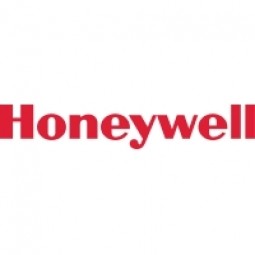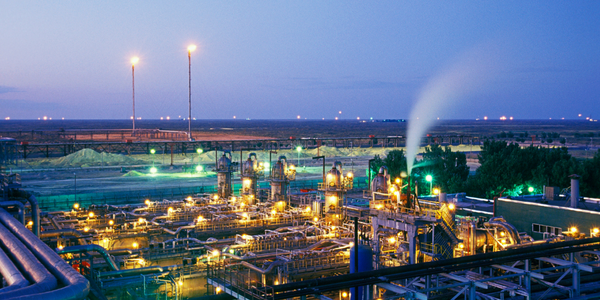下载PDF
Suncor Achieves 95% Reduction in Operator Alarm Load at Fort Hills Oil Sands Mine

技术
- 传感器 - 环境传感器
适用行业
- 石油和天然气
- 零售
适用功能
- 产品研发
用例
- 库存管理
- 周边安全与访问控制
服务
- 系统集成
挑战
虽然警报旨在为控制室操作员提供异常情况的预警,但许多新的工业场所面临警报系统“过度活跃”性能的挑战。在 2018 年完成 Fort Hills 站点的调试后,Suncor 的控制室操作员面临的平均警报负载比警报管理标准和最佳实践建议的高出 30 倍。
这些警报负载,再加上工厂故障导致的频繁警报泛滥,导致操作员严重超负荷,从而增加了现场发生安全、环境和生产相关事故的风险。
客户
森科尔
关于客户
Suncor是加拿大最大的综合能源公司之一,专门从事油砂的开采及其随后的升级和提炼成高质量的石油产品。 Suncor 总部位于阿尔伯塔省卡尔加里,通过其 1,500 多个加拿大石油加油站网络向工业和商业客户以及零售客户销售成品。 Suncor 的 Fort Hills 矿山是一个露天卡车和铲式矿山,于 2018 年投产,每小时可开采 154,000 吨油砂,每天生产 194,000 桶沥青。
解决方案
为了实现警报系统性能的逐步改变,Suncor 启动了警报系统改进计划,选择遵循符合标准的流程,特别是 ANSI/ISA-18.2-2016,过程工业警报系统管理。
此过程的第一阶段是制定警报理念,记录 Fort Hills 现场警报管理的预期方法,以便警报系统改进计划的后续阶段以受控和一致的方式执行。
运营影响
数量效益
相关案例.

Case Study
Taking Oil and Gas Exploration to the Next Level
DownUnder GeoSolutions (DUG) wanted to increase computing performance by 5 to 10 times to improve seismic processing. The solution must build on current architecture software investments without sacrificing existing software and scale computing without scaling IT infrastructure costs.

Case Study
Remote Wellhead Monitoring
Each wellhead was equipped with various sensors and meters that needed to be monitored and controlled from a central HMI, often miles away from the assets in the field. Redundant solar and wind generators were installed at each wellhead to support the electrical needs of the pumpstations, temperature meters, cameras, and cellular modules. In addition to asset management and remote control capabilities, data logging for remote surveillance and alarm notifications was a key demand from the customer. Terra Ferma’s solution needed to be power efficient, reliable, and capable of supporting high-bandwidth data-feeds. They needed a multi-link cellular connection to a central server that sustained reliable and redundant monitoring and control of flow meters, temperature sensors, power supply, and event-logging; including video and image files. This open-standard network needed to interface with the existing SCADA and proprietary network management software.

Case Study
Refinery Saves Over $700,000 with Smart Wireless
One of the largest petroleum refineries in the world is equipped to refine various types of crude oil and manufacture various grades of fuel from motor gasoline to Aviation Turbine Fuel. Due to wear and tear, eight hydrogen valves in each refinery were leaking, and each cost $1800 per ton of hydrogen vented. The plant also had leakage on nearly 30 flare control hydrocarbon valves. The refinery wanted a continuous, online monitoring system that could catch leaks early, minimize hydrogen and hydrocarbon production losses, and improve safety for maintenance.








